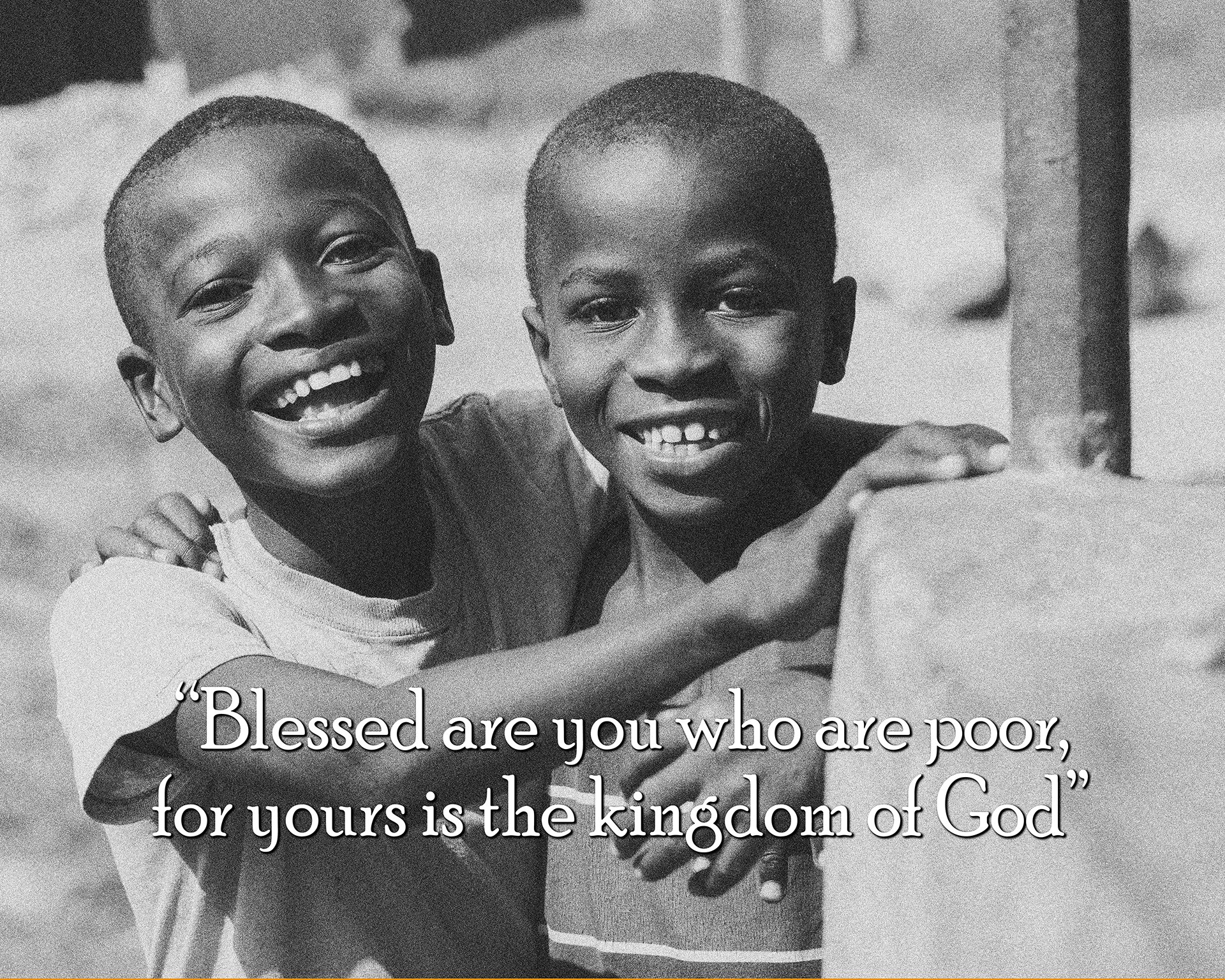A thought on Stewardship and the Life Surge Conference
When I saw the ad appear on the television my immediate reaction was, “What the … ?”
I was being told that America’s number one Christian wealth creation event was coming to the Twin Cities. If I bought the most expensive tickets, $497, which are now all sold out, I could get a front row seat, my photo taken with former quarterback Tim Tebow and television star of Duck Dynasty, Willie Robertson, and attend a VIP after party with the speakers. However, as James writes, “Suppose a man comes into your meeting wearing a gold ring and fine clothes, and a poor man in filthy old clothes also comes in. If you show special attention to the man wearing fine clothes and say, “Here’s a good seat for you,” but say to the poor man, “You stand there” or “Sit on the floor by my feet,” have you not discriminated among yourselves and become judges with evil thoughts?” (James 2:2-4).
Why did I have this gut reaction of, “What the … ?”
I suppose part of it was the idea of paying money to go and see people worth tens of millions of dollars, who are receiving speaking fees of $50,000 or more, who live clearly lavish lives, and who are not trained theologians, try and explain what Scripture has to say about wealth. That sends up a lot of red flags.
Any serious conference that would look at questions of wealth and Christianity would need to have an expert in the Old Testament who could speak to the concept of Sabbath, Jubilee, usury, justice for the poor, along with the use and ownership of land. There would also need to be a New Testament scholar who could address all that Jesus has to say about money, the rich, and Paul’s teaching on generosity.
The voices of Life Surge are not the voices Christians should be listening to.
About twenty years ago I attended an event sponsored by our local presbytery. It was put on by an organisation called Ministry for Money, now the Faith and Money Network. The keynote speaker at this event was a former senior vice president with Kodak Eastman. I wish I could remember his name, but I only recall his story.
He and his wife bought a home when they got married, it was your typical starter home, fairly small, but sufficient. It ended up being the only home they ever owned. It was a couple of miles from the headquarters of Kodak Eastman. They owned two cars, his wife drove the nicer of the two cars as she transported the kids to their various events while he only used his for the two mile commute to work and back.
Shortly after his promotion to Snr. VP, a role that came with its own parking spot, his assistant came to him and said that someone had parked in his spot and that she would find out who it was and make sure it didn’t happen again. She was shocked when he told her that it was his car that was parked there. The beater that he drove the two miles back and forth was all he needed. He had no interest in keeping up the appearance of being a corporate executive and driving an expensive car four miles a day.
He was a successful businessman, he made a lot of money, but he and his wife determined what their standard of living was going to be and then gave the rest away. He told us that they had reached a point in life where they now lived on 20% of their income and gave 80% to the church and other organisations making a difference in this world.
This may have been an idea he picked up from the founder of Methodism, John Wesley. It is well documented that Wesley limited his expenses to £30 a year even when his income reached £1,400 a year. It is estimated that Wesley would have had a net worth in today’s money of around £50 million, but chose to live on less and give the rest away to help others.
I doubt a story like this will be central to the message at Life Surge.
Or I think about the story of Rich Mullins who told his accountant he had no interest in knowing how much money he made from his music. Instructing him to provide Rich with the average salary in America and give the rest to worthy causes.
I’m not against wealth creation, that’s fine. The VP of Kodak Eastman had great wealth, Wesley had great wealth, Rich Mullins had great wealth. What they did with that wealth and how they chose to live is what matters.
I recognise that in writing this I am first and foremost bringing judgement on myself for falling short of these examples of biblical stewardship. I’m OK with that as I need to be reminded of where I fall short.
I’ve written this piece because of the many people I know who are disillusioned with the church and Christianity in our culture, and have seen this conference advertised on the TV. It is another example of the Americanisation of the gospel, which then becomes a non-gospel.
